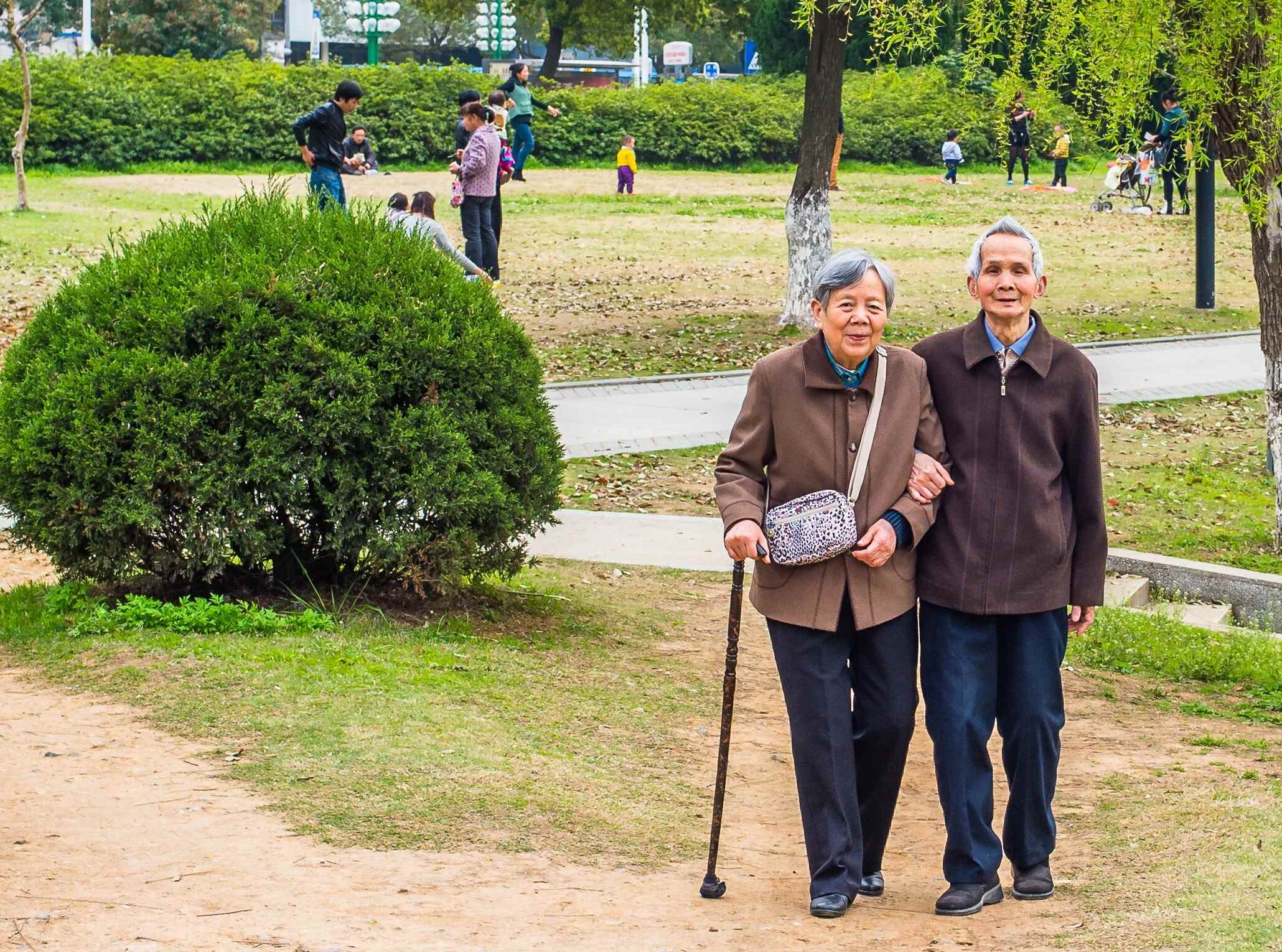TAKEOFF STUDY
STARTING SPRING, 2024
Ketones are naturally occurring compounds that are made by your liver. You have a small amount in your blood at any given time. Your liver breaks down fat and turns fat into ketones which then supply your body with energy. Ketones increase when you do not eat enough sugar to provide energy to maintain your body. One way to make your liver produce ketones is by following a ketogenic diet composed of high fat and low sugar foods. Previous scientific research has shown that being in a ketone-producing state may provide positive benefits including improved metabolic health, cognition and endurance exercise performance. However, generating ketones through diet alone can be challenging for some people to start and/or maintain long-term due to the limited food options the diet allows.
Researchers are looking to deliver the benefits of ketones without needing to follow strict and challenging diets. One way to do this is by consuming products that contain ketone esters. Because of some of the physical benefits of ketones that researchers have discovered, they want to test to see if taking ketone esters can help with physical function in people who have the early signs of a condition called frailty. The goal of this study is to test if taking ketone esters every day can improve physical strength of pre-frail older adults.
CENTER DETAILS
Participants: Pre-frail or frail adults, or over the age of 65
Dates: Estimated started May 2024, estimated completion May 2028
Duration: Participation in the study will last approximately 5 months
Compensation: TBD
Status: Not yet recruiting
Start date: May 2024 (estimated)
End date: May 2028 (estimated)
Sponsor: The Buck Institute for Research on Aging, through a grant from the National Institute for Aging (NIA).
Link: To follow
ID: To follow
Study type: Randomized, parallel group, double blinded
Participants: 180 participants (60 at The Buck Institute, 120 at other study sites in Ohio and Connecticut)
Last updated: 19th October 2023
Number of visits
- One screening visit in clinic
- 4 study visits in clinic
List of study procedures:
- Medical history
- Height, weight, waist circumference
- Vital signs (pulse and blood pressure, etc)
- Fasting blood work
- Urine sampling in clinic
- Daily consumption of study drink at home for 12 weeks
- Study questionnaires
- Physical activity monitoring (FitBit)
- Physical tests (balance, walking, strength, etc)
- Mental tests (memory, cognition, etc).
- Ketone and glucose monitoring (in clinic and at home).
- Stool sample collection
You can join if you…
- are 65 years of age or older.
- have a BMI between 18.5 – 34.9 k/m2
- are living independently.
- have no medical conditions that have changed recently, or medication use that has changed recently
- have a Bluetooth enabled smart phone and access to the internet.
You can’t join if…
- you live in a setting where you receive assistance with your activities of daily living.
- your medical history, medication/supplement list or screening blood tests show a condition or recent changes that means that the medical officer decides it is not safe for you to participate.
- you have a cognitive condition that means you cannot give informed consent to take part.
- you have an allergy to milk or soy.
John Newman, MD, PhD
 John Newman, MD, PhD, is an Assistant Professor at the Buck Institute for Research on Aging and an Associate Professor in the Division of Geriatrics at University of California San Francisco (UCSF). His career goal is to translate our expanding understanding of aging biology to improve the care and help maintain the independence of older adults. His research at the Buck Institute studies the molecular details of how diet and fasting regulate the genes and pathways that in turn control aging, focusing on the ketone body beta-hydroxybutyrate and how its molecular signaling activities involving epigenetics and inflammation regulate aging and memory in mice.
John Newman, MD, PhD, is an Assistant Professor at the Buck Institute for Research on Aging and an Associate Professor in the Division of Geriatrics at University of California San Francisco (UCSF). His career goal is to translate our expanding understanding of aging biology to improve the care and help maintain the independence of older adults. His research at the Buck Institute studies the molecular details of how diet and fasting regulate the genes and pathways that in turn control aging, focusing on the ketone body beta-hydroxybutyrate and how its molecular signaling activities involving epigenetics and inflammation regulate aging and memory in mice.
Dr. Newman is also a geriatrician who cares for hospitalized older adults at UCSF and the San Francisco VA Medical Center, focusing on preserving mobility and preventing delirium.
IN THE NEWS





